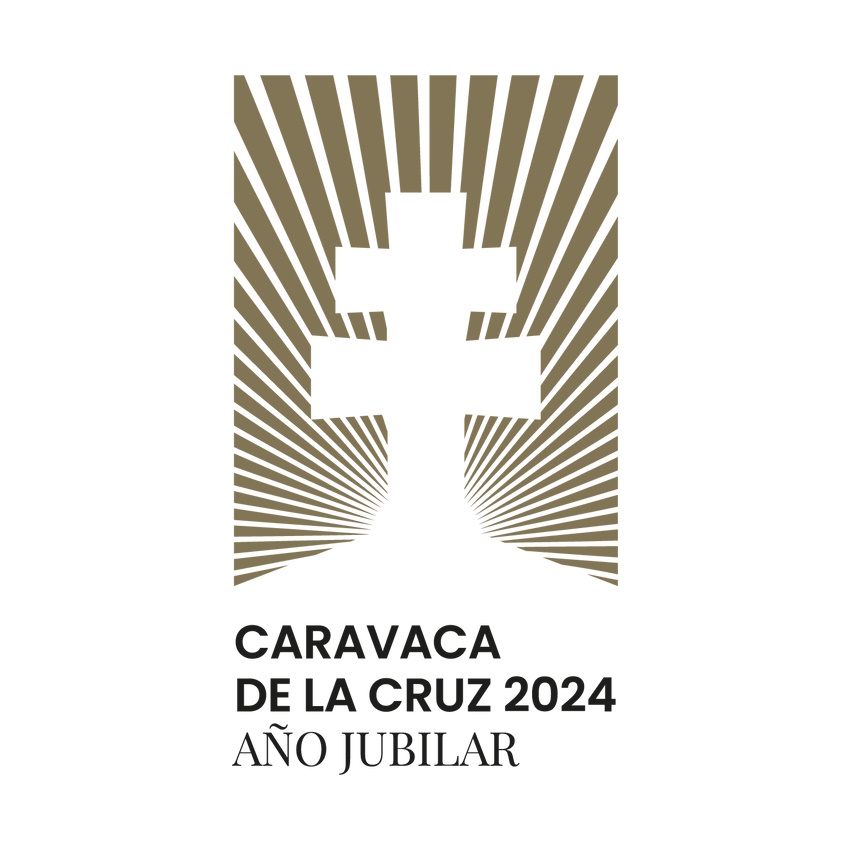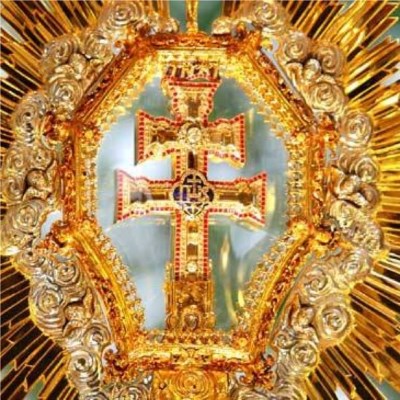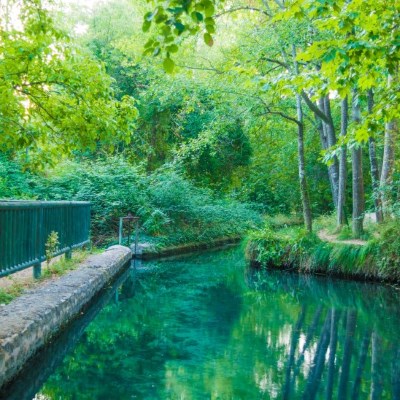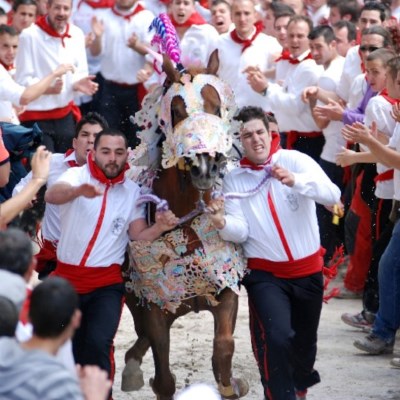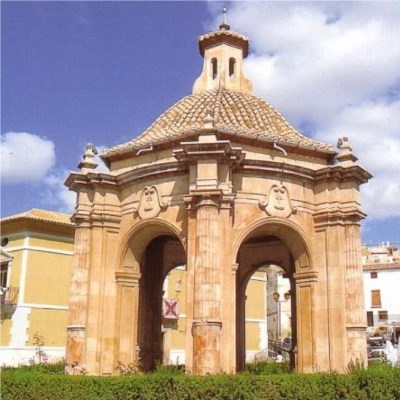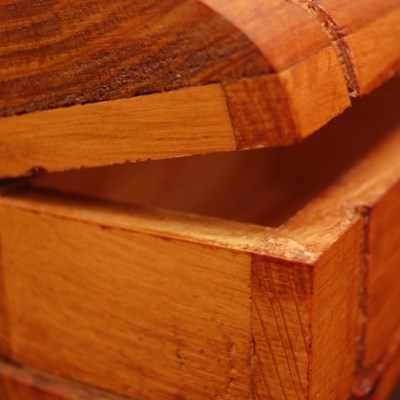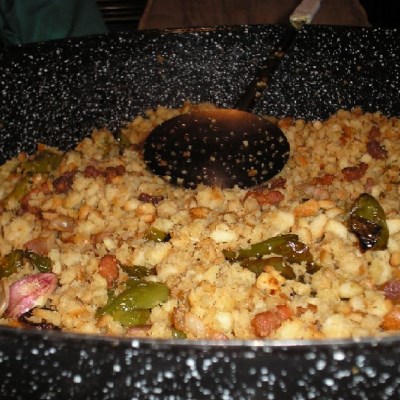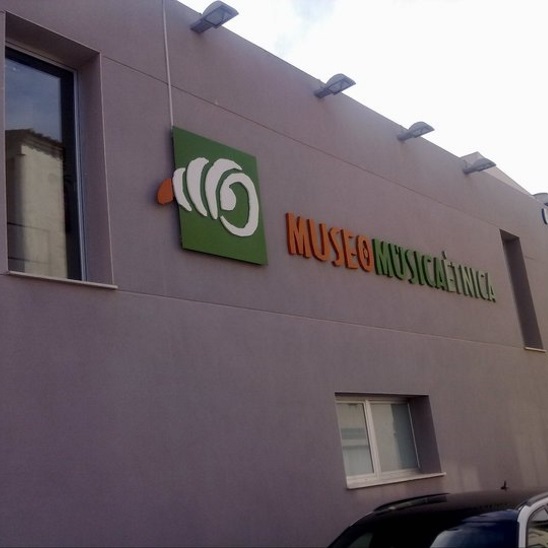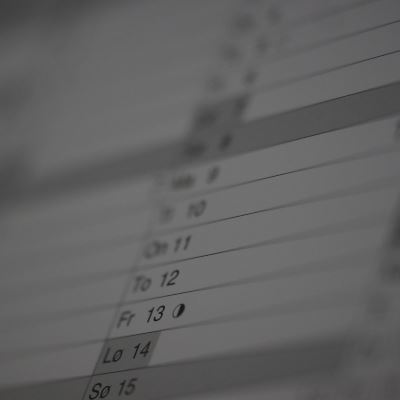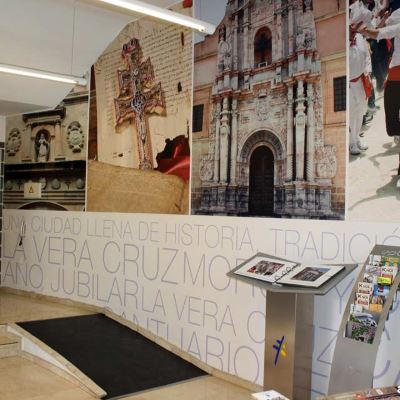14/10/2021. Fuente: Ayuntamiento de Caravaca de la Cruz.
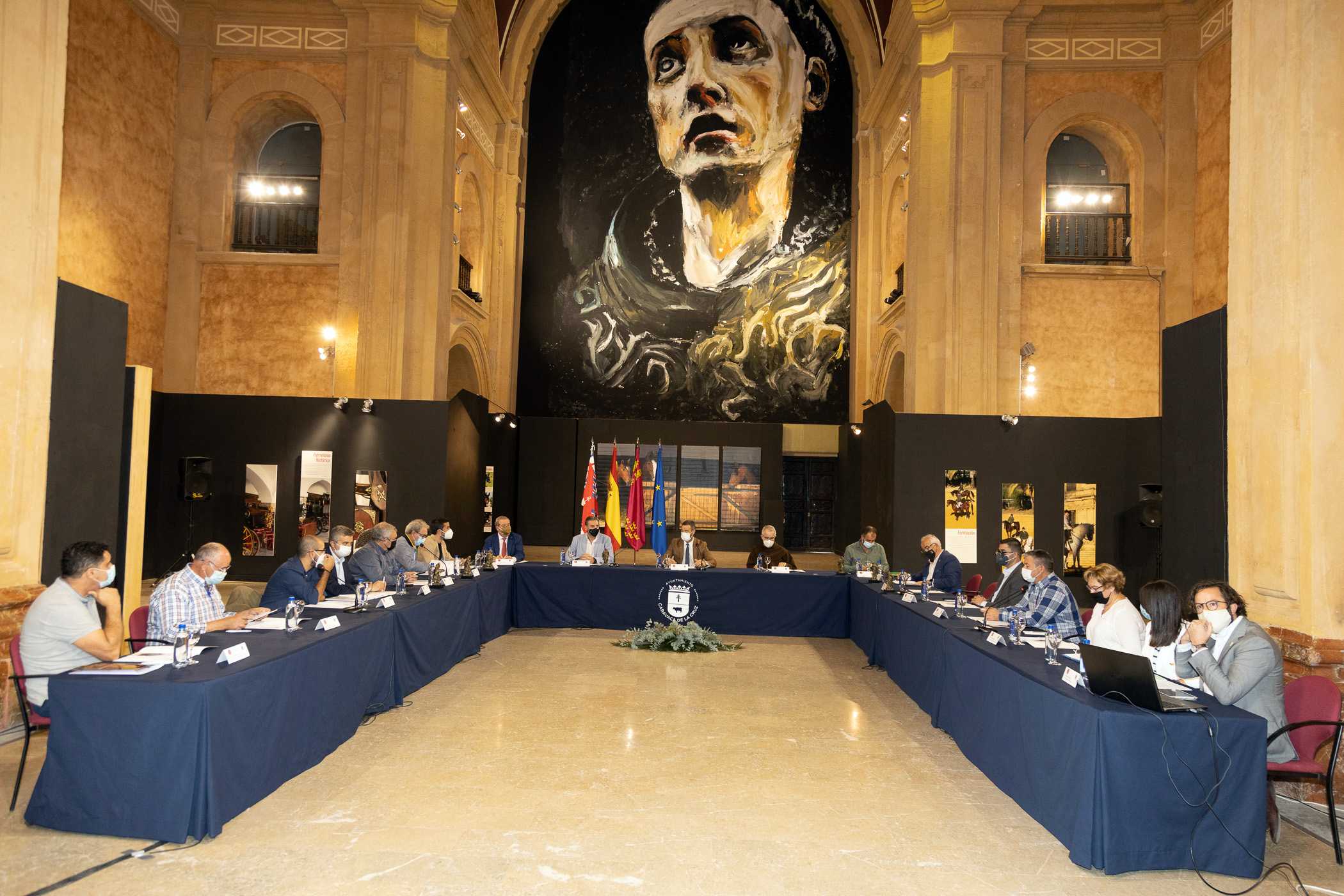 Convocados por el Ayuntamiento de Caravaca de la Cruz y a modo de apertura del V Ciclo Teresiano organizado junto a la comunidad Carmelita de la localidad, alcaldes y concejales de las distintas poblaciones por las que discurre el Camino de San Juan de la Cruz han participando en una asamblea con el compromiso conjunto de relanzar esta vía de peregrinación.
Convocados por el Ayuntamiento de Caravaca de la Cruz y a modo de apertura del V Ciclo Teresiano organizado junto a la comunidad Carmelita de la localidad, alcaldes y concejales de las distintas poblaciones por las que discurre el Camino de San Juan de la Cruz han participando en una asamblea con el compromiso conjunto de relanzar esta vía de peregrinación.
Entre las líneas abordadas durante el encuentro mantenido en la antigua iglesia de la Compañía de Jesús destacan los trabajos para completar la señalización en determinados tramos interurbanos y en el que atraviesa la población de Moratalla, con el compromiso del Instituto de Turismo de la Región de Murcia de aportar la financiación necesaria para ello. Asimismo también se ha acordado iniciar acciones de promoción conjuntas, que permitan ampliar el conocimiento de este camino. En definitiva, el objetivo ha sido establecer las líneas de trabajo a corto y medio plazo en cuanto a trazado y adecuación de tramos de caminos, estatutos y actuaciones de divulgación y promoción, entre otros asuntos.
El alcalde de Caravaca de la Cruz, José Francisco García, se ha mostrado agradecido por la respuesta de los municipios, afirmando que “con este encuentro, el primero presencial en varios años, sellamos el compromiso de dar un paso más para impulsar este proyecto humilde, pero ilusionante y con mucho contenido por desarrollar, que estrecha los lazos históricos entre poblaciones de la Sierra de Segura”.
El prior carmelita de Caravaca, fray Pascual Gil, ha recordado que “este camino nació como un sueño y se ha ido materializado desde la sencillez tal y como era San Juan de la Cruz”. Asimismo, el superior de los Carmelitas en la localidad ha expresado su alegría por “ver a todos los municipios reunidos en Caravaca de la Cruz para apostar de forma decidida por una oferta de turismo religioso espiritual original basada en un personaje universal”.
El Camino de San Juan de la Cruz tiene más de 150 kilómetros y se compone de cinco etapas (Beas de Segura-Hornos de Segura, Hornos de Segura-Pontones, Pontones-Santiago de la Espada, Santiago de la Espada-Nerpio, Nerpio-El Sabinar, El Sabinar-Caravaca de la Cruz), incorporando recientemente una prolongación hasta Villanueva del Arzobispo.
Este camino surgió a iniciativa de los Padres Carmelitas Descalzos de Caravaca, quienes con sus propios medios desarrollaron un trazado inicial, página web y otros materiales para la promoción del camino. Se cumplía así un anhelo de la comunidad carmelitana de seguir los pasos de San Juan de la Cruz, a través de un camino con más de 400 años de historia, ya que se han podido documentar al menos siete viajes del santo carmelita a Caravaca de la Cruz.
En 2017 se acordó la constitución del Grupo de Ciudades ‘Camino de San Juan de la Cruz’, integrado por los ayuntamientos de Beas de Segura, Hornos de Segura, Santiago-Pontones, Nerpio, Moratalla y Caravaca de la Cruz, que conforman una comarca histórica en torno al río Segura y pertenecen a las comunidades autónomas de Andalucía, Castilla-La Mancha y Murcia. El objetivo de esta asociación es apostar por el desarrollo de esta propuesta turística, cultural y patrimonial, con la que se pretende dar a conocer tanto la obra del místico carmelita como aquellas poblaciones que tantas veces recorrió.


